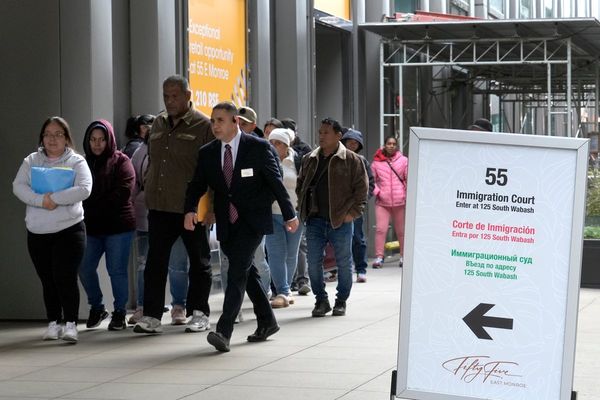
If you’ve been lamenting that you somehow overlooked International Yoga Day and Take Your Dog to Work Day then it’s time to perk up, particularly if you love theatre. Today marks a new event on the international calendar: World Fringe Day.
It marks the birth, 70 years ago, of the world’s first fringe festival after eight companies who asked to be part of the programme of the inaugural Edinburgh international festival (EIF) were refused entry. They decided to perform in Edinburgh during August anyway, resulting in the idea of an open-access, satellite event that is not curated in any way and where all-comers are welcome. Those eight companies have now risen to 3,398 companies on the Edinburgh fringe this summer, dwarfing the EIF and arguably doing more for internationalism.

Fringe is a word that, in some contexts, has taken on negative connotations, as if it might be less worthy of your attention than what is programmed in an official festival. However, it is at fringe festivals across the world from Dublin to Melbourne and Montreal where talent is spotted and careers are forged. If you want to see risk, experiment and new trends in theatre you are more likely to stumble across them at the fringe than at a festival hosting those big co-commissioned pieces of event theatre that endlessly circumnavigate the globe like some cultural Flying Dutchman. In any case, there is an increasing blurring of boundaries between fringe and official programmes as companies work on different scales and in different contexts.
The significant rise in the number of fringes around the world – now around 200 – suggests that there is a growing audience for such events, just as there is a growing appetite for literary festivals and music festivals. Even little Buxton holds its own fringe, and Morecambe is just about to launch one. They are certainly good for the local economy. The Brighton fringe is estimated to contribute around £10m.
Around the world, fringe festivals bring enormous pleasures to audiences and provide touring opportunities for unknown and emerging companies. Not all operate on an open-access model, however, which means the inequalities of theatre production are perpetuated. Those invited to an official festival will be paid for their labour – but very few performing on the fringe will turn sufficient profit to pay themselves. So while in theory anyone can stage a show at a fringe, very few can afford to do so.
Not surprisingly, then, an artist-led “fringe of the fringe” is on the rise, operating outside of the Edinburgh fringe programme. Forest Fringe – taking a break this year – started the trend in Edinburgh, and Cameo Live is a newcomer there this year. You never know, maybe in 70 years’ time we’ll be celebrating World Fringe of the Fringe Day.







